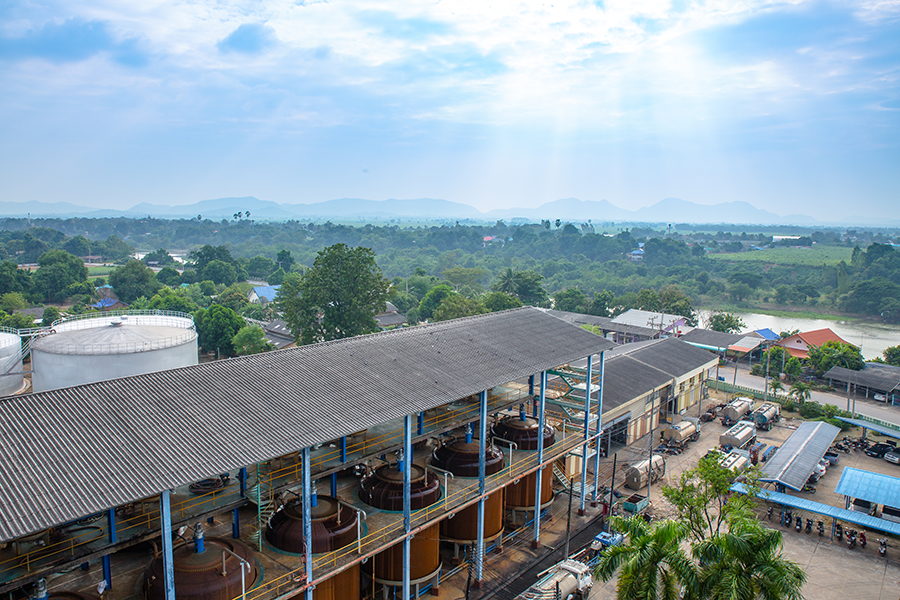

Climate-Related Management Incentives


| Management Level | Type of Incentive | Incentivized KPIs | Detail |
| Chief Executive Officer (CEO) | Monetary |
|
ThaiBev sets Corporate KPIs that reflected our CEO, executive, and employee’s compensation. ThaiBev’s Corporate KPIs relating to Climate Strategy consist of GHG emissions reduction and Water Stewardship. We define and categorize the criteria for achieving Corporate KPIs into 5-level. Compensation & bonus will be allocated to relevant executives & employees, with related targets including:
|
| Executives Officers | Monetary |
|
ThaiBev sets Corporate KPIs that reflected our CEO, executive and employee compensation. ThaiBev’s Corporate KPIs relating to Climate Strategy consist of GHG emissions reduction, Water Stewardship, and Waste Management. We define and categorize the criteria for achieving Corporate KPIs into 5-level. Compensation & bonus will be allocated to relevant executives & employees, with related targets including:
|
| Business Unit Managers | Monetary |
|
ThaiBev sets Corporate KPIs that reflected our CEO, executive and employee compensation. ThaiBev’s Corporate KPIs relating to Climate Strategy consist of GHG emissions reduction, Water Stewardship, and Waste Management. We define and categorize the criteria for achieving Corporate KPIs into 5-level. Compensation & bonus will be allocated to relevant executives & employees, with related targets including:
|